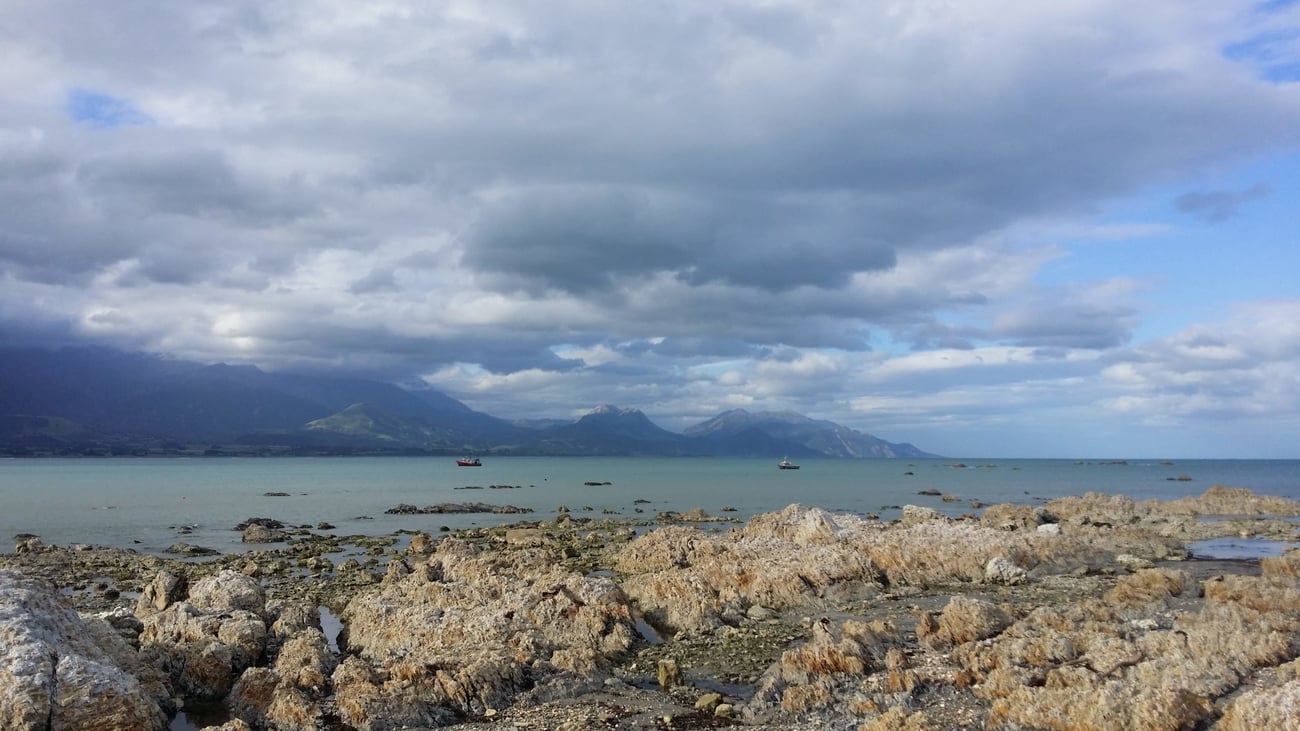
Top image: Kaik?ura. Photo by Ben Mack.
This month marks two years since I started working at the Sustainable Business Council, helping businesses in New Zealand tackle some of the big environmental and social challenges of our time.
What I’ve seen emerge since then is a rapid and sizable shift in consumer behaviours and attitudes. Every year, more and more people are searching for goods, services and brands they know are made responsibly.
A recent survey by Colmar Brunton backs my observations up. Thirty percent of Kiwis say they are “highly committed” to living a sustainable lifestyle, which is a big jump on last year. That means nearly one in three New Zealanders are changing the values they use when they make a purchase.
And that’s a substantial market in its own right. It brings huge opportunities for business. Who else can provide the variety of products, solutions and ideas that will help Kiwis lead a better and more sustainable life?
New market, new challenges
But there’s a catch. The same research found seven out of ten New Zealanders can’t name a brand or company they consider a leader in sustainability, which shows the many businesses that do sustainability well have some serious work to do.
Businesses need to build an authentic connection with consumers on the issues that matter to them. They need to make information easier to engage with, understand and navigate. And it’s not really about advertising or being perfect – it’s about making a commitment to improve and showing tangible actions and outcomes.
Those that tell their stories well stand to build the sorts of relationships with customers that most would envy. Purchasing habits will change when consumers can trust what they see happening and see who is accountable.
A growing number of sustainable Kiwi businesses already know their customers don’t have the time or expertise to check out their sustainability credentials. They are putting serious resources and time into telling their stories, and getting really confident with transparency and visibility. They recognise it is up to the company or brand to help customers understand how they can make more sustainable choices.
Check out this podcast with Little Yellow Bird’s Samantha Jones on the garment industry and sustainability:
Who’s buying for better?
Another trend I’ve seen in the last two years in the rise of conscious consumers, from all corners of in society. Contrary to previous assumptions that the sustainability movement is a middle-class affair, Colmar Brunton research shows it is low-income earners, as well as women and older generations, who are leading the way.
This backs up previous research from the Sustainable Business Council, which found there are a growing number of consumers choosing not to buy whole categories, like bacon or ham, if they can’t afford the free range or organic alternatives.
Business concern grows too
The growing concern about environmental and social issues can also be found among Kiwi business leaders.
A recent PWC survey of found that 69 percent of CEOs are worried about the risks climate change and environmental damage pose to their business. That has nearly doubled since I started this job.
Interestingly, the same survey overseas saw only 50 percent of CEOs say they were concerned about climate change and resource scarcity. And in Australia, it was 52 percent. So Kiwi CEOs are thinking more about these big issues than their offshore peers.
These insights are a reminder to business about the value of stakeholder engagement and resource management assessments. Examining these aspects of a business can not only save time and money (by identifying unnecessary costs or resource use) but also help identify the issues that consumers might well end up punishing you for in the future.
When the CEO of the world’s largest investment company, BlackRock, says his company will stop investing in companies that aren’t contributing to society in a positive way – a powerful message is being sent. The level of risk to those companies ignoring environmental and social issues is growing.
Businesses in New Zealand are starting to step up, but they need to accelerate their work if they’re to keep ahead of consumer demand. Increasingly, shoppers are looking to them for the solutions to some of the issues we face.





